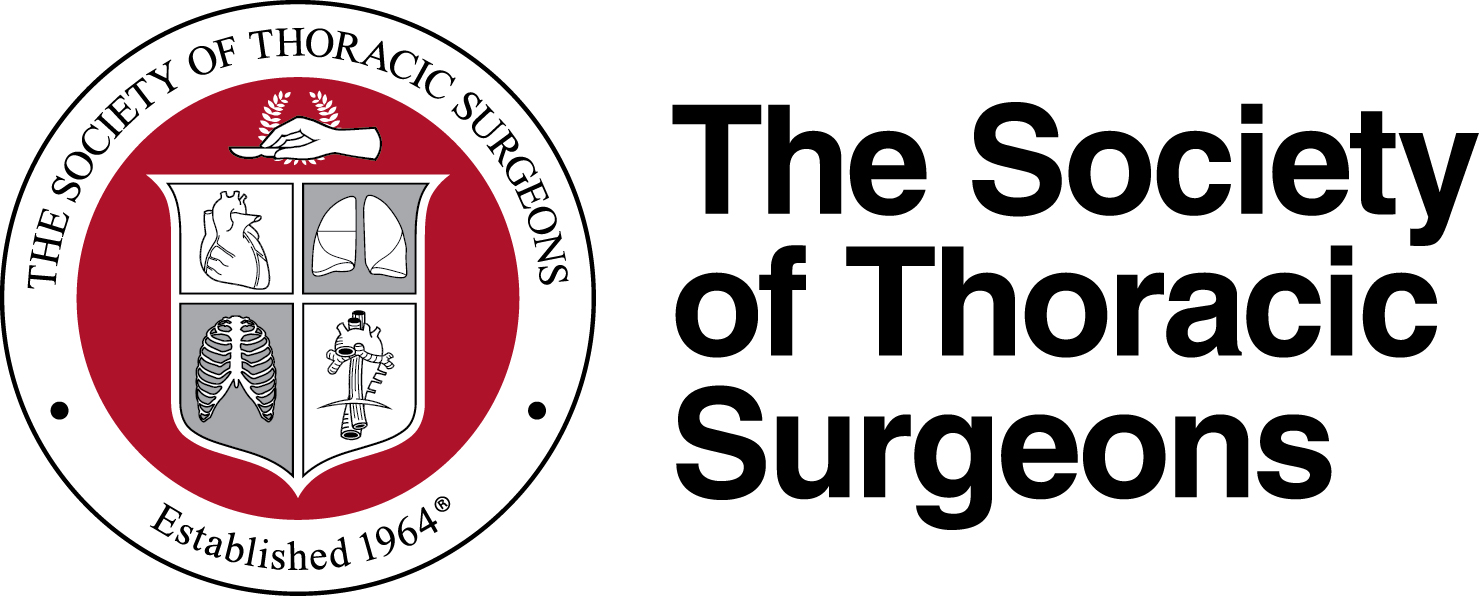Press conference: Tuesday, January 29, 2013, at 10:30 a.m. PT Room 512, Los Angeles Convention Center
Genetic Test Identifies Small but Deadly Lung CancersPersonalized lung cancer prognosis now available for some patients
Newswise — Los Angeles—A novel genetic test can help identify small but aggressive lung tumors associated with poor survival, according to a study released today at the 49th Annual Meeting of The Society of Thoracic Surgeons held at the Los Angeles Convention Center.
Key Points• New test can identify highly aggressive lung cancer at a very early stage.• Test results may better inform chemotherapy treatment for patients with aggressive tumors.• New lung screening guidelines will lead to identification of many patients with small tumors who may benefit from this test.
“Using this test gives us the ability to offer a personalized cancer prognosis to patients with lung cancer,” said Johannes Kratz, MD, from the University of California, San Francisco, who, with colleagues in California and China, conducted an international validation study of the newly available genetic test in small tumors likely to be detected by the new lung cancer computed tomography (CT) screening guidelines.
The researchers studied 269 patients who underwent lung surgery to remove aggressive, non-small cell lung tumors that were smaller than 2 cm in size. Aggressive tumors usually form, grow, and spread quickly, but theses tumors had not yet spread to the lymph nodes.
The researchers found overall post-surgical survival rates of 83%, 69%, and 52% in low-, intermediate-, and high-risk groups, respectively. Similar results were found in analyzing tumors sized 1 cm or smaller.
“As the number of resections of these small, sub-2 cm lung tumors is certain to rapidly increase with the adoption of new lung cancer screening guidelines, a method to identify these high-risk patients becomes vitally important,” Dr. Kratz said.
Early detection of lung tumors through low-dose CT screening, combined with a reliable test that can identify highly aggressive tumors that benefit from individualized treatments, will help decrease the mortality rate from lung cancer—the leading cancer killer of men and women in the United States, according to the American Cancer Society.
“We have known for a number of years that patients with aggressive early stage lung cancers identified by molecular prognostic tests benefit from additional therapy,” Dr. Kratz added.
Dr. Kratz predicts that the reliability of the test in this study to identify patients with small lung cancers who have highly aggressive tumors will help maximize the benefit of early detection through low-dose CT screening.
“As opposed to similarly staged breast cancers which have 5-year survival rates up to 99%, many of these tiny lung tumors that will be detected via lung cancer screening are deadly,” said Dr. Kratz. “These highly aggressive lung tumors likely already metastasized on a microscopic level, which can't be identified using the latest diagnostic technology or invasive sampling techniques.”
New Test Offers HopeDr. Kratz added that the new genetic test will provide hope for some patients. “Imagine receiving the news from your doctor that despite undergoing surgery for your tiny 1 centimeter lung cancer, you still have a 25% chance of dying in the next 5 years. Now, instead of telling these patients we have nothing more for them, we can offer this test which reliably identifies whether they have highly aggressive tumors,” he said.
“This new genetic test is immediately available to clinicians via a CLIA-approved testing laboratory, and it’s a tool that patients can ask their physicians about—not sometime in the future—today,” Dr. Kratz said.
Editor’s Note: Dr. Kratz is an advisory board member and consultant to Pinpoint Genomics, Inc.
###
For a copy of the abstract, e-mail STS Media Relations at [email protected] or call 312-202-5865. Between 1/25/13 and 1/30/13, call Cassie Brasseur’s mobile at 319-621-3770 or Samantha McCarthy’s mobile at 630-220-1342.
Founded in 1964, STS is a not-for-profit organization representing more than 6,600 cardiothoracic surgeons, researchers, and allied health professionals worldwide who are dedicated to ensuring the best possible outcomes for surgeries of the heart, lung, and esophagus, as well as other surgical procedures within the chest. The Society’s mission is to enhance the ability of cardiothoracic surgeons to provide the highest quality care through education, research and advocacy.
The STS Annual Meeting is one of the largest cardiothoracic surgery meetings in the world. The 2012 STS Annual Meeting attracted 4,700 registrants, including 2,300 cardiothoracic surgery professionals.
MEDIA CONTACT
Register for reporter access to contact detailsCITATIONS
49th Annual Meeting of The Society of Thoracic Surgeons
